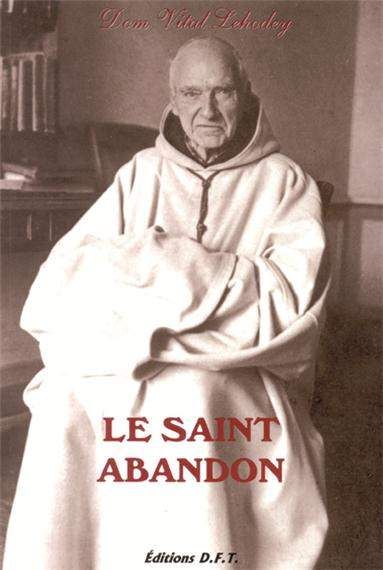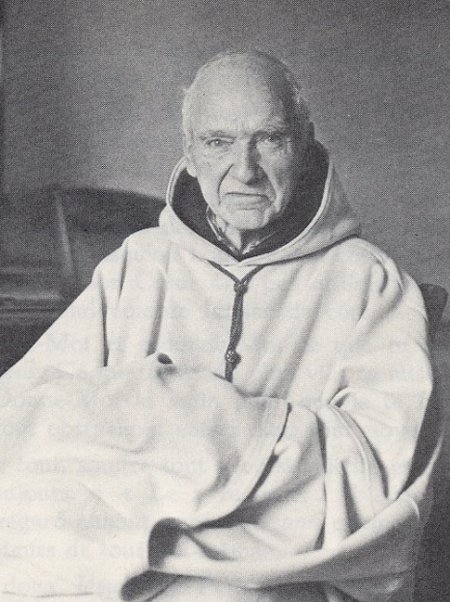“The life of man upon earth is a warfare” (Job. vii, i). Day and night, within and without, the enemies of our salvation lie in wait to rob us of our treasure of virtues, even of the life of grace, and by consequence of the life of glory, too. We have to watch, pray, struggle ceaselessly, keep repelling the assaults of the demon, defeating his strategies, holding down our vicious inclinations and our unruly passions which are in league with him. And should he succeed in penetrating our lines of defense by sin, we must drive him out again by prompt repentance, repair the ill-consequences of our fault, provide against a renewed offensive on the part of the enemy, and prepare for the final victory by vigilance and a courage always on the alert. But as we are weakness itself, we should never forget to summon to our aid the omnipotence of God. The struggle is one of absolute necessity, and must end only with our earthly life. The hour we cease to combat, that hour sin will force its way into our hearts, as a hostile army precipitates itself upon a country which has ceased to put up a successful resistance. Moreover, how much time is needed to detach ourselves from every created object, and to establish ourselves in purity of heart and peace of soul! And when once we have acquired these advantages, what further efforts will be necessary to maintain them!
–‘Holy Abandonment’ Reverend Abbot Dom Vitalis Lehodey O.C.R. (Order of Cistercians Reformed; Trappists)





Recent Comments